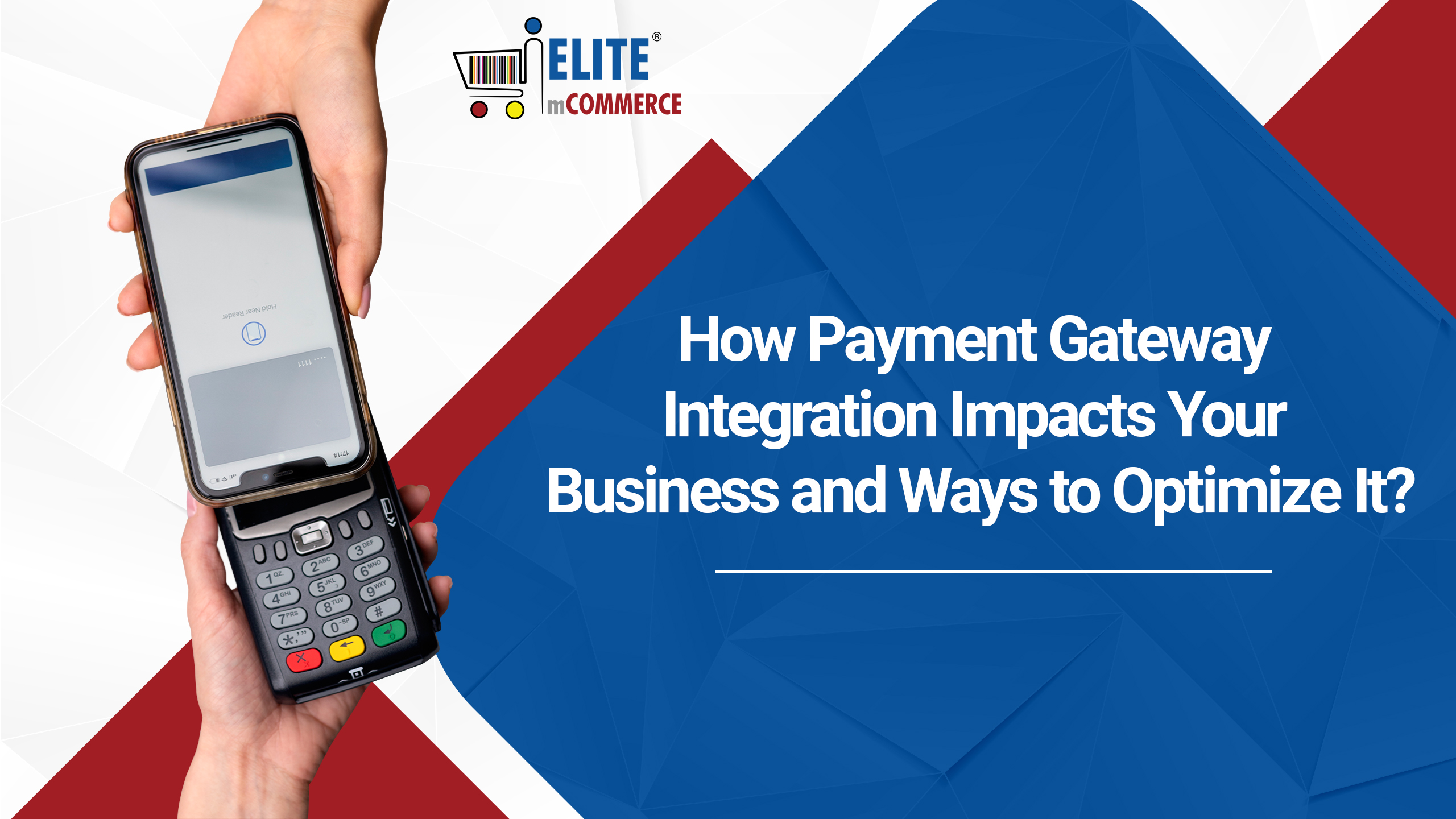Recent years have seen a rise in interest in cryptocurrencies due to the success of Bitcoin and Ethereum. The potential of blockchain technology for digital marketing and how it can alter the playing field for eCommerce firms is impossible to ignore.
If you have yet to explore the world of cryptocurrency and its potential for your online marketplace, you are in the right place. In the following paragraphs, you will learn about cryptocurrency, its benefits, and the methods you can use to start accepting cryptocurrency at your eCommerce store.
What is Cryptocurrency?
A cryptocurrency is a form of digital currency or online payment that is based on complex encryption processes. One can directly exchange cryptocurrency in exchange for goods or services, thus replacing the traditional payment modes that involve the transactions of fiat currency.
In terms of investment, cryptocurrency can be an asset for traders or miners, wherein it has variable value as opposed to liquid cash with a fixed value. Unlike traditional currencies, cryptocurrencies have decentralized control, meaning they are not controlled or handled by any centralized authority, such as governments or financial institutions. In other words, cryptocurrency transactions are verified by a robust decentralized network comprising thousands of computer systems.
All cryptocurrencies operate on distributed ledger technology (DLT), which are shared databases that store vital data about every transaction that takes place. Blockchain technology is the most common DLT, which is an advanced database or a highly encrypted system of recording information, making it impossible or difficult for hackers to steal, tamper with, or modify the system.
Popular Cryptocurrencies
Following is the list of the most common names in the world of cryptocurrency.
- Bitcoin: Created in 2009, Bitcoin is the cryptocurrency that started all the other digital currencies present under the cryptocurrency umbrella. It was formed with the aim of decentralizing the financial industry and was the only cryptocurrency in operation until 2011.
- Ethereum: Ethereum is the second-largest digital currency based on market capitalization. It operates on a payment system that uses tokens known as Ether. Currently, it has evolved into a platform that runs on advanced blockchain technology to develop and host decentralized applications.
- Litecoin: Created by an ex-Google engineer in 2011, Litecoin is another digital currency that shares numerous similarities with Bitcoin. However, developers claim that Litecoin transactions are processed quicker than Bitcoin, as it has a faster block generation rate.
- Ripple: Ripple, also known as XRP, was designed to help users manage more complex and higher-value transactions with ease.
Read also:-Impact of Cloud Computing on POS Integration
Benefits of Accepting Cryptocurrency on Your Online Store
Now that we are aware of the overall cryptocurrency market and the top cryptocurrencies you can choose from. Let’s briefly discuss the benefits of accepting cryptocurrency at your online store.
- Faster transactions: Unlike traditional transactions that are often slow, cryptocurrency’s blockchain technology allows users to make quicker transactions within seconds, thus streamlining the cash flow of your eCommerce business. Furthermore, such fast transaction speeds can enable immediate payment settlements and processing, thus allowing instant order shipments and fulfillment.
- Higher security: As mentioned earlier, cryptocurrency works on a decentralized system that is highly encrypted, making it almost impossible for hackers to steal or modify one’s sensitive data. Their complex encryption helps to reduce fraud activities and cybersecurity attacks during digital transactions.
- Expand your market: Since you are offering more payment options, you can expand your market by winning all those buyers who prefer purchasing products using cryptocurrencies. So, if you are looking for cross-border expansions, starting to accept cryptocurrencies can be a great opportunity to gain international customers.
- Lower transaction fees: You won’t be required to pay high transaction fees and third-party charges, as they are reduced significantly. eCommerce sellers, who are tired of paying high processing fees for credit card payments, etc., can now make their online business more profitable through lower transaction charges. They can pass on these savings to their customers through special offers or discounts for buyers paying via cryptocurrencies.
- Better customer experience: Since your buyers can now have more payment options at checkout, it will boost customer experience by offering more flexibility. Your buyers can choose their preferred payment method, thus enhancing their overall shopping experience. It is a significant factor influencing your new customers to get converted into returning buyers and clients.
What are the Challenges Associated?
Honestly, you might face a few challenges while accepting cryptocurrency in your online retail store. They include –
- Price volatility: The biggest downside of cryptocurrencies is that their value is variable, meaning their market worth keeps changing. At times, it can rise wildly, and at other times, it may drop down drastically, thus posing uncertainty for buyers. Also, this would be tricky while processing refunds and product returns since the cryptocurrency value fluctuates every now and then. The value of a cryptocurrency at the time of purchase may vary from its value while processing refunds.
- Trust issues: The reputation and trust surrounding cryptocurrencies are yet to pick up the pace, as there are a lot of skeptical views on this new digital currency.
- Numerous alternatives available: Today, hundreds and thousands of digital currencies are available, which may confuse the customers and your financial/marketing team on which option to choose while making a payment.
- Cashflow disruption: Since you are receding cryptocurrencies from your customers, and you are still required to pay your vendors and suppliers in cash, it might create a huge gap in your cashflows.
How to Accept Cryptocurrency Payments on an Online Store?
If you have decided to start accepting cryptocurrencies, we congratulate you on your decision. To get started, here are the two methods of accepting cryptocurrency on your eCommerce store.
- Payments via personal wallet: This method enables you to accept cryptocurrency payments directly into your personal wallet, which you can easily store on your smartphone, computer, or hard drive.
- Payments via third-party processors: Alternatively, you can take help from third-party cryptocurrency processors, such as Coinbase, BitPay, etc., which process digital transactions on behalf of the online store. For example, suppose you have a Shopify store and are willing to accept digital currencies. In that case, you can enable the payment options of your choice from the “Payment providers” page on the Shopify admin portal. Now, you can accept more than 300 cryptocurrencies.
Final Words
So, now that you know accepting cryptocurrency is a powerful way to boost your eCommerce brand and expand your audience base, integrate this payment platform into your web portal. You can not only enhance your customer experiences but also deliver products faster with quicker payment settlements.
However, even though many skeptics are yet to adopt this new payment method, there are good signs indicating its wider acceptance and usage in the upcoming years. So, if you haven’t implemented it yet, it’s the right time to consider cryptocurrency as an additional and efficient payment method for your online business.









Add comment